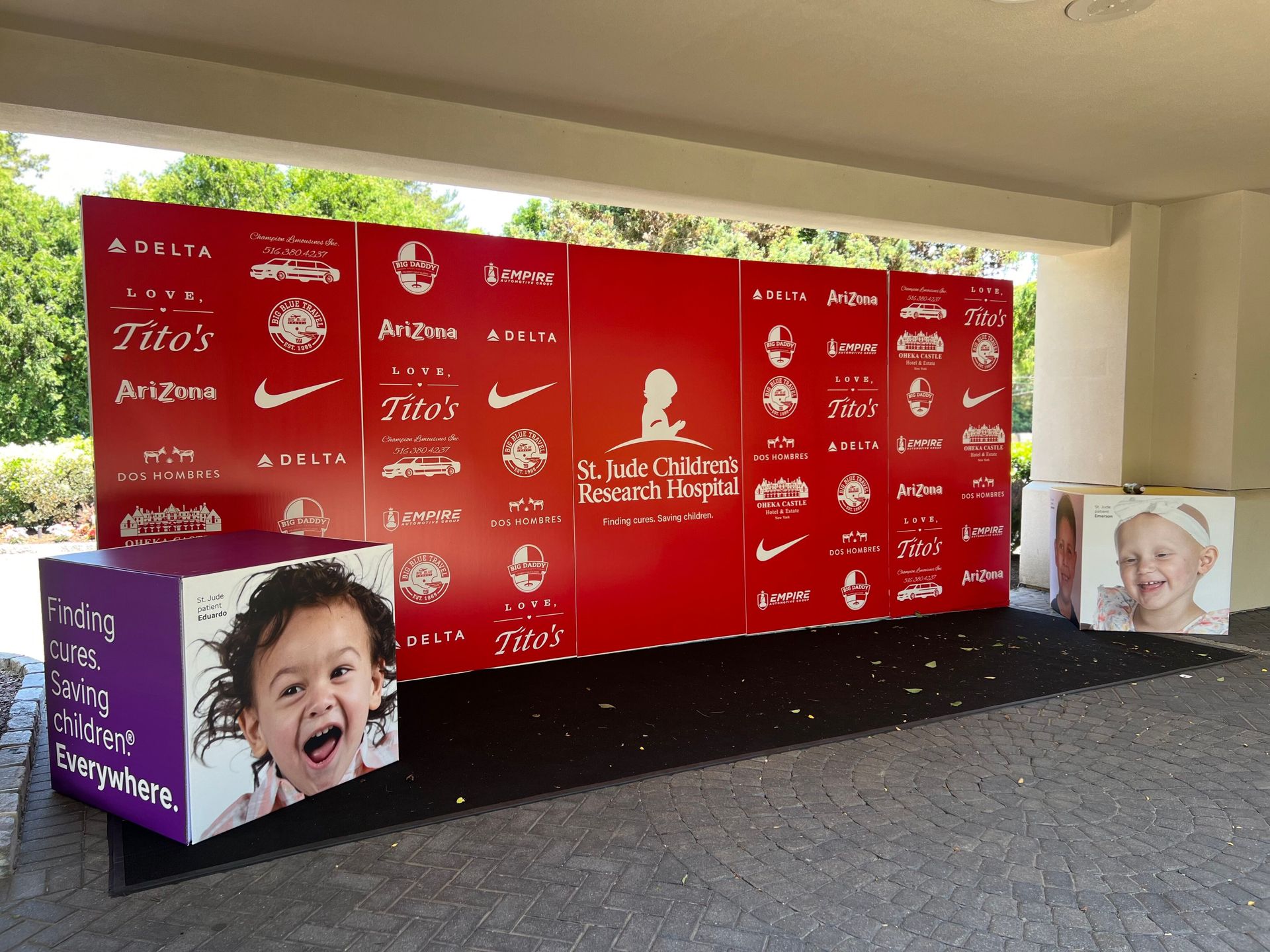Corporate Event Management Blueprint: Mastering Every Moving Part
Introduction to Corporate Event Management
In today's competitive business environment, corporate event management has evolved into a pivotal function that can significantly impact a company’s trajectory. Effective event planning goes beyond logistics to create meaningful experiences that engage attendees and reinforce the company’s brand and objectives. It encompasses a broad spectrum of activities—from initial concept development and strategic planning to meticulous execution and post-event analysis. Understanding the multifaceted nature of corporate events is crucial for ensuring they contribute effectively to the company’s goals. As an event planning expert, I can tell you that the journey involves intricate planning, strategic alignment, and flawless execution. Each stage demands a deep understanding of both the company’s mission and the audience's expectations, ensuring that the event not only achieves its intended objectives but also leaves a lasting positive impression on all attendees.

Strategic event planning is the cornerstone of successful corporate events. The first step is to define your target audience. Knowing who will attend allows you to tailor every aspect of the event to meet their needs and expectations. Next, set clear, measurable objectives that align with your company’s broader goals. These objectives should guide every decision you make, from venue selection to content creation.
A compelling narrative is crucial. Your event should tell a story that resonates with attendees and reinforces your company’s mission and vision. This narrative will serve as the foundation for all marketing materials and communications, ensuring a consistent message that drives engagement.
Proper Budgeting
Budgeting is another essential element. Plan your budget early and realistically. There's always room to adjust later, however you want to set your goals at the beginning so you know what's realistic to your budget. Allocate resources wisely to balance quality and cost-effectiveness. This includes everything from venue and catering to technology and staffing. Creating a detailed budget early in the planning process helps prevent overspending and ensures all aspects of the event are adequately funded.
Time Management
Timeline management is equally important. Develop a comprehensive schedule that outlines all key milestones, from initial planning meetings to post-event follow-ups. This helps keep the team on track and ensures that no detail is overlooked.
Lastly, stakeholder alignment is vital. Regularly communicate with key stakeholders to ensure everyone is on the same page and that the event meets all strategic objectives. This collaborative approach fosters a sense of ownership and accountability, driving the event’s overall success.
Learn more about strategic event planning here.
Effective logistics and operations are crucial for successful corporate event management. The venue selection process is pivotal; it’s not just about capacity, but also ambiance and location. This decision can significantly influence the event's tone and attendee satisfaction. Once the venue is secured, focus shifts to vendor management. Building strong, reliable relationships with vendors, such as caterers, audiovisual providers, and decorators, ensures quality and consistency. Budgeting must be meticulous, balancing cost-efficiency with the need for excellence. An accurate budget prevents overspending and helps allocate funds to areas that enhance attendee experience. Scheduling is equally vital; a detailed timeline ensures that all tasks are completed on time and that the event runs smoothly. On-site coordination involves orchestrating all elements during the event, from registration to closing. It requires a keen eye for detail and the ability to quickly address any issues that arise. Risk management plans should be in place to mitigate potential problems, ensuring a seamless experience for all attendees. These logistical and operational elements are the foundation of any successful corporate event, requiring careful planning and execution to achieve optimal results.
Interested in learning more about event logistics? Click here for more tips!
Incorporating the latest technology is essential for enhancing the attendee experience and streamlining event management. Event registration platforms like Whova simplify the check-in process and provide real-time updates, as well as mobile apps that offer attendees easy access to schedules, maps, and networking opportunities. Live streaming can bring remote attendees into the fold, while virtual reality and augmented reality can create immersive experiences that captivate participants. Data analytics tools offer valuable insights into attendee behavior, helping planners to make data-driven decisions and improve future events. Social media integration extends the event’s reach and engages attendees in real-time conversations, fostering a sense of community. Event planners should also leverage technologies like audience response systems to enhance interactivity during sessions.
Hear the latest on event technology trends here.
Effective marketing is essential for ensuring your event reaches the right audience and achieves maximum turnout. Begin with a comprehensive marketing strategy that leverages multiple channels to promote your event. Social media is a powerful tool; platforms like LinkedIn, Twitter, and Facebook can help you reach a broad and targeted audience. Create engaging content, such as teaser videos, behind-the-scenes photos, and speaker highlights, to build excitement and anticipation.
Email Marketing
Email marketing is another effective method. Develop a series of emails to inform potential attendees about event details, early bird registration discounts, and keynote speakers. Personalize these emails to make recipients feel valued and increase their likelihood of attending.
Collaborate with industry influencers and partners to amplify your reach. Influencers can share your event with their followers, lending credibility and attracting a larger audience. Partnering with relevant businesses or organizations can also help cross-promote your event.
Don’t overlook the power of your event website. It should be a central hub of information, featuring an easy-to-navigate design, clear call-to-actions, and essential details like agendas, speaker bios, and registration links. Implementing SEO best practices will help improve your website’s visibility on search engines.
Paid Advertising
Utilize paid advertising to target specific demographics and enhance your reach. Platforms like Google Ads and social media ads allow for precise targeting based on factors like location, job title, and interests. Monitoring and analyzing your marketing efforts will provide insights into what strategies are working and where adjustments are needed. This data-driven approach ensures your event marketing is both effective and efficient.
Learn more about efficient event marketing here for great turnout and impactful results!
Attendee Engagement and Experience
Creating an engaging and memorable attendee experience requires a multi-faceted approach that prioritizes interaction and connection. Begin by designing content that resonates deeply with your audience, ensuring it is relevant, insightful, and actionable. Utilize a mix of presentation formats, such as keynote speeches, panel discussions, and interactive workshops, to maintain interest and cater to various learning preferences.
Facilitating networking opportunities is crucial. Structured activities like roundtables, breakout sessions, and networking lounges can encourage meaningful connections among attendees. Incorporate technology, such as event apps with matchmaking features, to further enhance networking potential.
Personalization is key to making attendees feel valued. Tailor experiences by segmenting your audience and offering customized content tracks or personalized agendas. Small touches, like personalized welcome messages and curated swag bags, can also make a significant impact.
Interactive elements, such as games, photo opportunities, live polls, and Q&A sessions keep attendees actively engaged. Encourage participation through social media challenges or on-site activities that promote collaboration and friendly competition.
Lastly, focus on creating a welcoming and inclusive environment. Ensure your event is accessible to all and consider incorporating wellness elements, such as relaxation zones or healthy food options, to enhance overall attendee satisfaction.
Post-Event Analysis and ROI
Conducting a thorough post-event analysis is essential for gauging the success of your corporate event and informing future planning. Start by gathering comprehensive feedback from attendees through surveys and questionnaires. This data provides valuable insights into their experiences, preferences, and areas needing improvement. Pay close attention to both quantitative metrics, such as attendance numbers and engagement rates, and qualitative feedback, including attendee comments and suggestions.
Analyzing this information helps identify what worked well and what didn’t, allowing you to make informed decisions for future events. Calculating the return on investment (ROI) is also crucial. Compare the event’s costs, including venue, catering, and technology expenses, against the benefits received, such as brand exposure, lead generation, and attendee satisfaction.
Utilize data analytics tools to track key performance indicators (KPIs) like social media engagement, website traffic, and post-event sales. These metrics help quantify the event’s impact and demonstrate its value to stakeholders. Sharing these findings with your team and stakeholders fosters transparency and accountability, ensuring everyone understands the event’s outcomes and areas for improvement. By meticulously analyzing both feedback and ROI, you can refine your strategies, enhance attendee experiences, and drive even greater success in future corporate events.
Conclusion
Effective corporate event management is a complex but rewarding endeavor that requires attention to detail and strategic foresight. Each aspect, from initial planning to post-event analysis, plays a crucial role in the event's success. Strategic alignment ensures that your event supports broader business goals, while meticulous logistics and operations guarantee smooth execution. Leveraging technology enhances attendee engagement and operational efficiency, and targeted marketing ensures your event reaches its intended audience. Creating memorable attendee experiences through personalized content and interactive elements can significantly impact engagement and satisfaction. Finally, thorough post-event analysis provides valuable insights, enabling continuous improvement and demonstrating the event's ROI. By mastering these components, you can deliver exceptional corporate events that not only meet but exceed expectations, driving meaningful business outcomes and solidifying your reputation as a proficient event planner.










